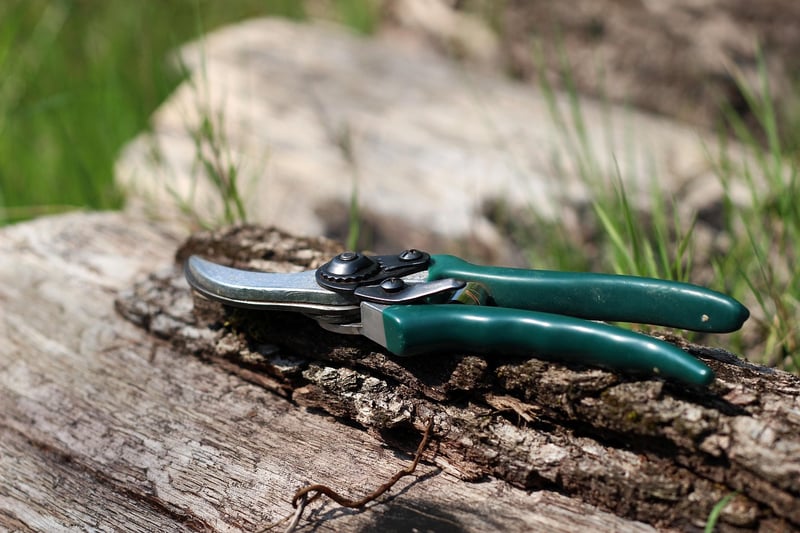Pruning Guidance
Maintain Healthy Plants with Proper Pruning Techniques
Keeping your plants healthy and thriving requires regular maintenance, and one essential practice is pruning. Proper pruning not only enhances the appearance of your plants but also promotes growth and overall plant health. Here are some helpful tips and guidance on how to prune your plants effectively.
Why Prune Your Plants?
Pruning is vital for the health of your plants as it helps:
- Remove dead or diseased branches
- Shape the plant for better aesthetics
- Encourage new growth
- Improve air circulation within the plant
- Prevent overcrowding and competition among branches
General Pruning Tips
Follow these general guidelines when pruning your plants:
- Use sharp, clean pruning tools to make precise cuts
- Prune during the plant's dormant season for most species
- Avoid cutting too close or too far from the main stem
- Remove any crossing or rubbing branches
- Step back occasionally to assess the plant's shape as you prune
Specific Pruning Techniques
Depending on the type of plant, there are different techniques to follow:
- Deadheading: Removing dead flower heads to encourage new blooms
- Thinning: Removing entire branches to improve air circulation
- Topping: Cutting back the top of the plant to control height
- Heading: Cutting just above a bud to promote branching
Pruning Tools
Essential pruning tools include:
- Pruning shears for small branches
- Loppers for thicker branches
- Pruning saw for large branches
- Gloves for protection
Conclusion
Proper pruning is a valuable skill that every gardener should master. By following the correct techniques and using the right tools, you can ensure the health and beauty of your plants for years to come.
Remember, always research the specific pruning needs of each plant species to ensure you are pruning them correctly.
Happy pruning!

